The use of international standards to ensure consistent high-quality goods and services has long been an accepted practice. In a recent blog, we addressed 2 quality management standards: ISO 9001, generally applicable to all industries, and ISO 17100 which is specific to the translation industry. Drilling down into the quality management requirements of one of the main industries we support, we’d now like to look at ISO 13485:2016 and its importance related to the new European Medical Device Regulation MDR 2017/745.
WHAT IS ISO 13485:2016?
ISO 13485 is an international standard that is specific to the medical device industry. Originally published in 1996, the current version dated 2016 was just reviewed and confirmed again in early 2020. It is widely accepted throughout the world: an official ISO survey showed that ISO 13485 certification was issued to 19,472 sites in 104 countries in 2018. While this standard includes many requirements that are specific to medical device companies, parts of the standard are also applicable to suppliers who provide services to this industry, including Language Service Providers.
Certification to ISO 13485 requires companies to demonstrate the implementation, maintenance, and effectiveness of their quality management system. Instead of focusing on product quality (as in ISO:9001 and ISO 17100), ISO 13485 is based on a process approach to quality management in which the inputs and outputs of linked processes must be identified and managed, and the associated risks minimized. The responsibility of management in promoting awareness of regulatory requirements is emphasized and the position of a person responsible for regulatory compliance is required.
As with other ISO standards, certification to 13485 is issued by independent bodies based on extensive on-site audits by professional auditors. Surveillance audits are annual and recertification is required every three years.
WHY IS ISO 13485:2016 IMPORTANT?
Companies certifying to ISO 13485 experience general benefits that include greater operational efficiency, cost savings, competitive advantage, and more, as discussed in our recent blog on ISO 9001 and ISO 17100. When selecting suppliers, certification to industry-specific standards like ISO 13485 is an important differentiator: it shows that the supplier understands the regulatory environment of its (in this case, medical device) clients and demonstrates that it meets the same rigorous requirements.
As the transition period to the European Union’s new Medical Device Regulation (MDR 2017/745) comes to an end in May 2020, the importance of supplier certification to ISO 13485 increases. Many aspects of the new MDR are aligned with ISO 13485. While not required by MDR 2017/745, certification to ISO 13485 can demonstrate compliance with some of the new regulatory requirements:
- The new EU MDR requires the implementation of a comprehensive quality management system. Certification to ISO 13485 can show compliance with this requirement.
- Supply chain transparency in regards to quality systems and risk management is a major focus of the new MDR. Suppliers will need to support their medical device clients with effective, documented processes that take a risk-based approach to decision-making and management of 3rd party suppliers. Certification to ISO 13485:2016 can demonstrate compliance in this regard.
- With the transition to the new MDR, supplier auditing becomes more important. Working with a supplier that has a person responsible for regulatory compliance as required by ISO 13485 makes this much easier.
Suppliers to the medical device industry share responsibility for the safety of patients. This includes Language Service Providers, who supply much of the final communication that reaches doctors, technicians, and patients around the world. As a long-time supplier to the medical device industry, OmniLingua understands this responsibility and has been certified to ISO 13485 since 2011 by TÜV SÜD America.
To learn more about ISO 13485 and the processes Ingenuiti has in place to ensure compliance, contact us today. We look forward to talking to you!
